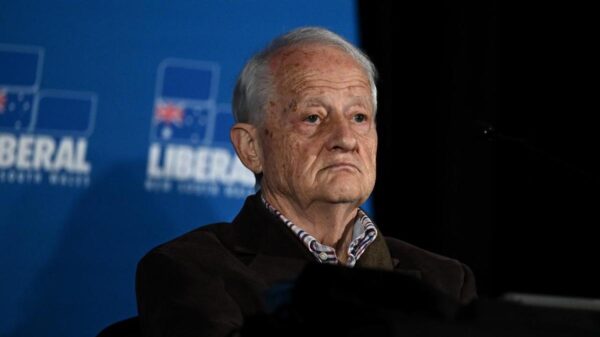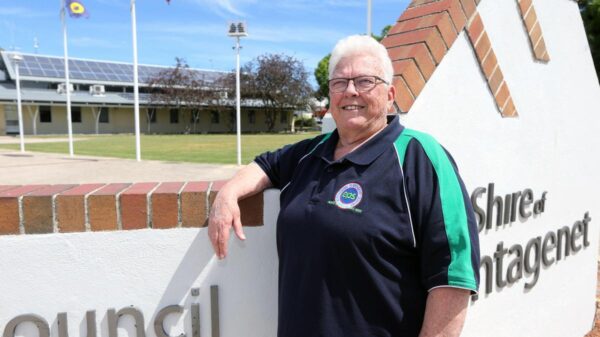The University of Sydney is set to pilot a new student evaluation system this semester, prompting concerns among academics regarding potential biases in grading. During a meeting on March 6, 2024, Professor Joanne Wright, the Deputy Vice Chancellor for Education, informed faculty members that students would provide feedback on teaching quality, which is intended to enhance the educational experience.
As part of the pilot program, students will evaluate their lecturers and other teaching staff. However, questions arose during the meeting about how the university would address potential bias against female academics, staff members with accents, or those from diverse national backgrounds. One academic, who preferred to remain anonymous, reported that university officials mentioned the possibility of providing “accent training” to address these concerns. “They said no one is going to be sacked for having an accent,” the academic stated.
In response to these discussions, a university spokeswoman clarified that there is no current plan to implement accent training. Instead, the pilot will focus on understanding students’ experiences with their teachers and teaching methods. “If feedback indicates that accents are creating barriers to learning, we will explore options,” she said, emphasizing the importance of students being able to comprehend their lessons.
Academic Concerns Over Bias and Authenticity
Dr. Peter Chen, president of the National Tertiary Education Union (NTEU) branch at Sydney University, expressed significant concerns about the implications of such discussions. He emphasized that targeting academics based on their accents could lead to unfair scrutiny and criticism. “The NTEU branch has received negative feedback from staff worried that specific groups will face pressure to undergo training, which may be racialized,” he said. Dr. Chen highlighted the importance of allowing academic staff to maintain their authentic identities in the workplace.
Additionally, Dr. Chen pointed out that a student’s assessment of teaching quality is influenced by more than just the individual instructor. Factors such as class size and available resources also play crucial roles. “Twenty-five years ago, I taught 12 students in a tutorial; now it’s over 30. These changes impact the quality of education,” he noted.
The introduction of this evaluation system comes as universities nationwide face challenges in improving student satisfaction, which has declined significantly to its lowest levels in over a decade, largely due to the transition to remote learning during the pandemic. The pilot survey at Sydney University is scheduled to take place at the end of this semester, with plans for a broader pilot next year.
Evaluating the Effectiveness of Student Feedback
According to university representatives, the new evaluation system aims to gather quantitative and qualitative feedback from students. Participants will respond to five quantitative questions regarding teaching and will also provide an open-text response. Faculty members will monitor these responses to ensure they are respectful and actionable, providing context for the data interpretation.
Laura Shepherd, a professor of international relations at Sydney University, has researched biases in student evaluations. She noted that women and cultural minorities often receive lower ratings compared to their peers. “Studies show that gender and cultural biases negatively impact evaluations across all faculties,” she explained. Moreover, Shepherd pointed out that these evaluations tend to measure popularity rather than teaching quality, often imposing gendered expectations on female educators.
Shepherd also suggested that the structural factors influencing student experiences, such as tutorial sizes, should be prioritized in discussions about teaching quality. “Reducing tutorial sizes is essential for fostering meaningful relationships between tutors and students,” she stated, underscoring the need for systemic improvements within educational institutions.
Data indicates that smaller, private, and regional universities tend to score higher in student satisfaction rankings, while larger research-intensive universities, including Sydney University, rank lower. As the institution embarks on this pilot program, it remains to be seen how it will address these systemic issues and respond to feedback from both students and staff.
The launch of the pilot student evaluations at the University of Sydney reflects a growing trend among universities to enhance educational quality while navigating complex social dynamics. As the semester progresses, the university will closely monitor the feedback and make necessary adjustments to ensure an equitable learning environment for all students.


































































